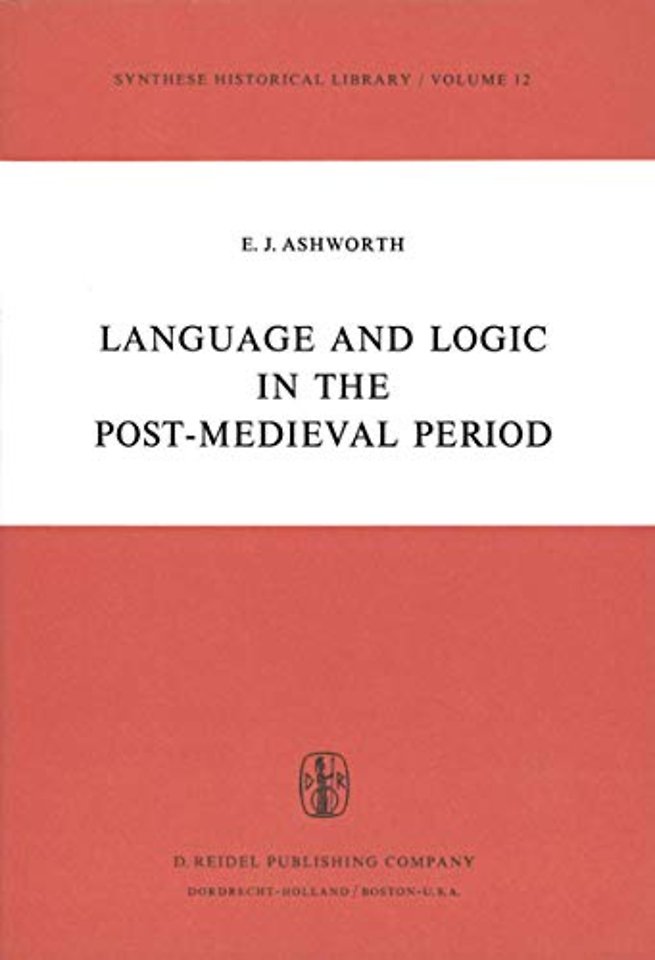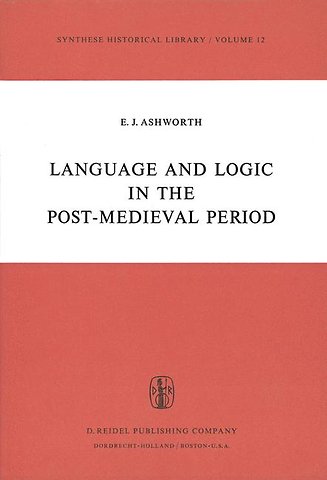Language and Logic in the Post-Medieval Period
Samenvatting
Keckermann remarked of the sixteenth century, "never from the begin ning of the world was there a period so keen on logic, or in which more books on logic were produced and studies oflogic flourished more abun dantly than the period-in which we live. " 1 But despite the great profusion of books to which he refers, and despite the dominant position occupied by logic in the educational system of the fifteenth, sixteenth and seven teenth centuries, very little work has been done on the logic of the post medieval period. The only complete study is that of Risse, whose account, while historically exhaustive, pays little attention to the actual logical 2 doctrines discussed. Otherwise, one can tum to Vasoli for a study of humanism, to Munoz Delgado for scholastic logic in Spain, and to Gilbert and Randall for scientific method, but this still leaves vast areas untouched. In this book I cannot hope to remedy all the deficiencies of previous studies, for to survey the literature alone would take a life-time. As a result I have limited myself in various ways. In the first place, I con centrate only on those matters which are of particular interest to me, namely theories of meaning and reference, and formal logic.

